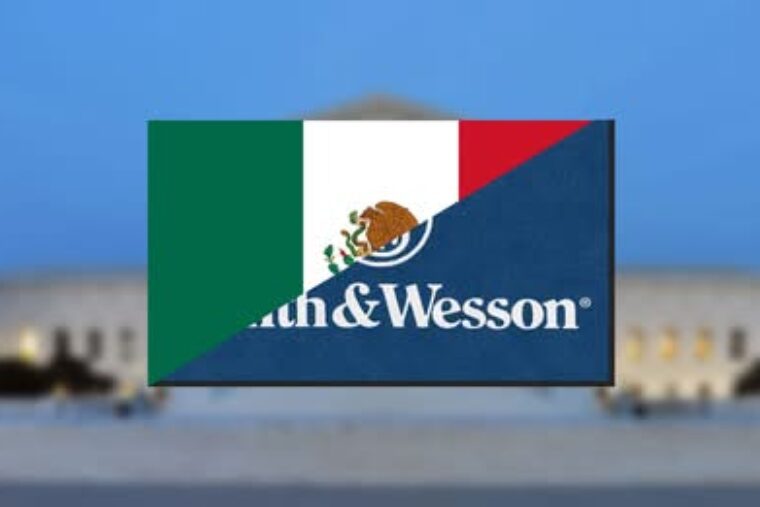On March 4, 2025, the U.S. Supreme Court started working on Smith & Wesson Brands, Inc. v. Estados Unidos Mexicanos, where Mexico has demanded $10 billion from American gunmakers like Smith & Wesson and Interstate Arms.
The claim? These companies fuel cartel violence by enabling illegal firearms trafficking. Mexico highlights its grim reality—third globally in gun deaths despite having only one legal gun shop in the entire country, with 70% to 90% of crime guns traced to the U.S. The case hinges on the 2005 Protection of Lawful Commerce in Arms Act (PLCAA), which shields gunmakers from liability for criminal misuse. Early signs suggest the court leans toward Smith & Wesson, and for good reason—their business isn’t the cartels’ keeper.
Mexico argues that gunmakers like Smith & Wesson knowingly supply dealers tied to trafficking, pointing to marketing like Colt’s “Super El Jefe” revolver aimed at Mexican buyers. They want damages and sales reforms, claiming that billions lost to security and healthcare—2% of GDP—stem from lax oversight. The ATF traced over 20,000 U.S.-sourced guns from Mexican crime scenes in 2023, and Mexico insists this reflects a deliberate choice by manufacturers. But hold on—Smith & Wesson’s role ends at the legal point of sale. Cartels don’t waltz into U.S. stores; they exploit a chain of criminals beyond the factory gate.
By Luke Cuenco



